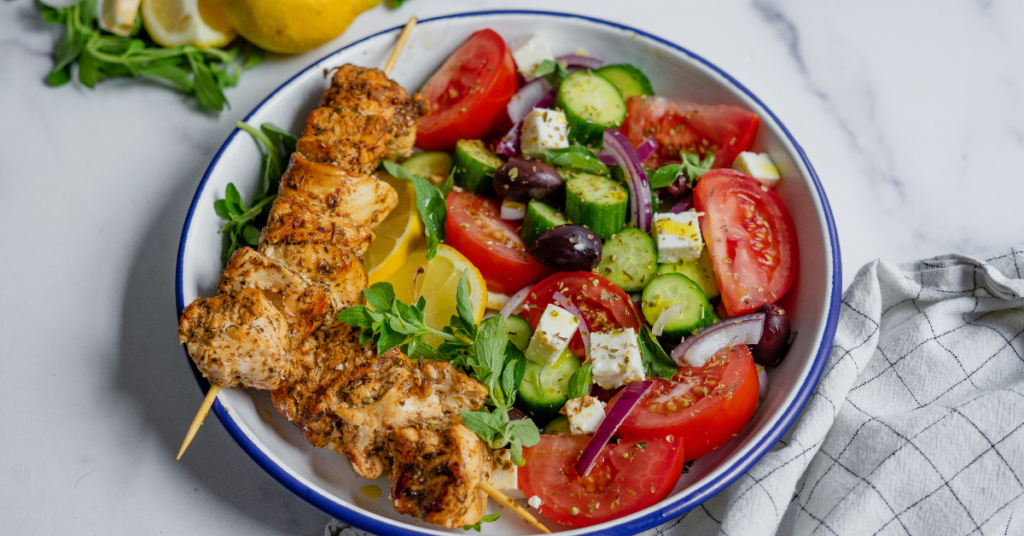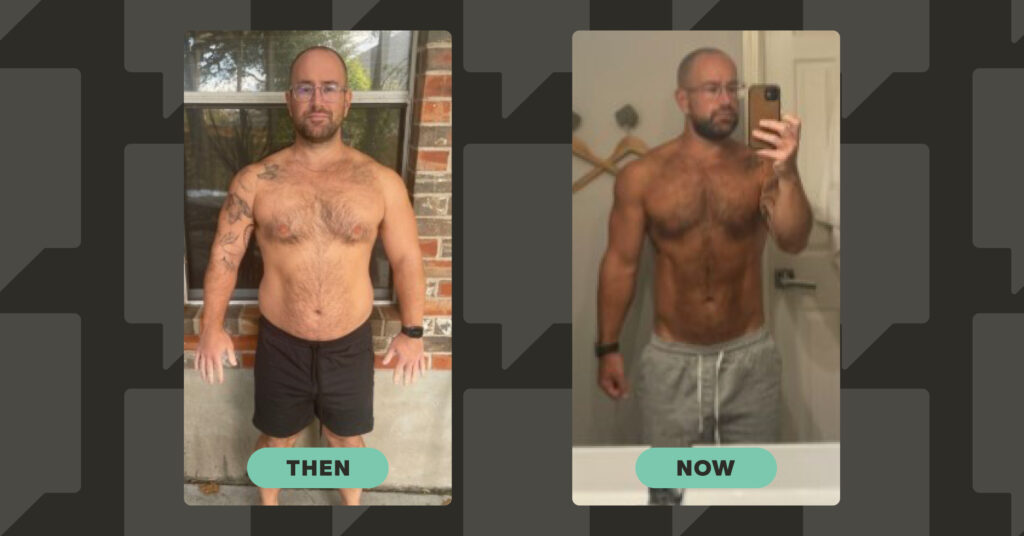Once upon a time, the phrase “on the wagon” was a descriptor for abstaining from alcohol. These days, people commonly use it to mean adherence to their diet or any other type of self- improvement plan. I see SU members say “I fell off the wagon” and “the wheels of the wagon came off and ran me over” and “I need to get back on the wagon” all the time, generally when they are frustrated about the way they have been eating or otherwise behaving.
I think a major reason that people “fall off the wagon” in general has to do with viewing themselves as “on the wagon” in the first place. As a coach, I see “the wagon” and other similar analogies as misdirected for a few different reasons. Allow me to elaborate:
- When we liken any diet, including our SU plan, to a wagon (or a horse or a high balance beam or any other similar thing that is challenging to stay on), it implies we are surely in for difficulty ahead. The wagon analogy, in particular, implies that we think of ourselves as passengers along for a difficult ride. And let’s face it: wagon rides really are unpleasant. They are slow and bumpy. So bumpy that you may feel as if you need to hold on for dear life at times, lest you fall off and get left in a ditch somewhere.
- When we see following our diet as the equivalent of being “on the wagon” (and conversely when we see not following/messing up a little or a lot as being “off the wagon”), we are more likely to be engaging in other forms of all-or-nothing thinking. It becomes easier to start viewing foods through a lens of either good or bad for us, instead of acknowledging that no food is good or bad, simply contextually appropriate or not-so-appropriate. This also makes it easier to start seeing other beneficial habits in absolutes, as well. Take exercise, for example. We may see exercise as something to be doing hardcore or not doing at all. We may see water as something to guzzle or forget about. We may see sleep as something to prioritize or ignore. And the list goes on.
- Lastly, when we use analogies like the wagon, we are not being completely honest with ourselves. Saying “I fell off the wagon” is a way to talk around, not about, what is actually happening. It’s a way to avoid saying “I ate or drank more than is appropriate for me at this time” or “I am not taking good care of myself right now”.
These are all lines of thinking that we want to try and steer clear of when we’re working on changing key aspects of our behavior. That’s obviously easier said than done, and we all fall victim to the pull of an all-or-nothing approach. It’s a natural tendency on our part to view things that way. But it’s nowhere close to the most productive way to frame your journey. Especially if you plan on getting results that last a lifetime.
What is an alternative to seeing your SU program as a wagon that you are on/off?
The primary answer here is embracing that you are the driver of this process, not the passenger. You are in control; you are not being controlled by someone or something else. And it’s acknowledging that if you eat too many of some less-than-ideal things or fall back on some less-than-ideal habits (which we all do sometimes!) it’s ok. When we do that, we can move on without feeling guilty or ashamed. But most importantly: remembering that we’re in control of our own journey, we’re also in control of whether or not we view our choices through the lens of absolutes. Instead, a choice is simply that… a choice. It doesn’t carry some sort of moral or value along with it.
How can you not view healthy lifestyle habits in absolutes?
Like all things, this is a practice. A practice that we have to repeat on a daily basis. It starts with embracing the idea that we can engage in beneficial habits on a continuum. Between all and nothing, there are many, many ways we can be making improvements without being perfect or even close.
A great example of this in action is using words that honestly describe what we are doing. If we’ve been eating too much food, drinking too much alcohol, not exercising, or otherwise not taking care of ourselves in the best way we can, then it is important to be truthful about it. Say the words. Write them down. Own the actions. Make them real. This is how we can start to change the behaviors we say we want to change, permanently.
The fact is we all make choices all day long, every single day. Some of these choices have to do with what we put into our bodies and others do not, and yet still very much affect our body weight and our health. The sum total of our choices is reflected in the mirror back at us, is evident when we step on the scale, and influences how we feel as we move through the world. We always have control over our choices.
Once we accept this fact, the fact that we have control over our choices, we no longer have to worry about the wagon. We don’t ever have to get back on it because we can’t fall off it, to begin with, because there is no wagon. There are only choices that we make.
Every choice we make can move us closer to our goals, farther away, or keep us right where we are. If we work on making more choices that align with our goals, we move in the “right” direction. If we get in a pattern of not making enough of those types of choices, though, we can simply switch course, and start making more of them. We can do this the moment we recognize that we are not moving in the desired direction.
So, next time you are tempted to say you fell off the wagon and must get back on, think about your next choice instead. What is it going to be?
Interested in working with us? Click here to contact us!









